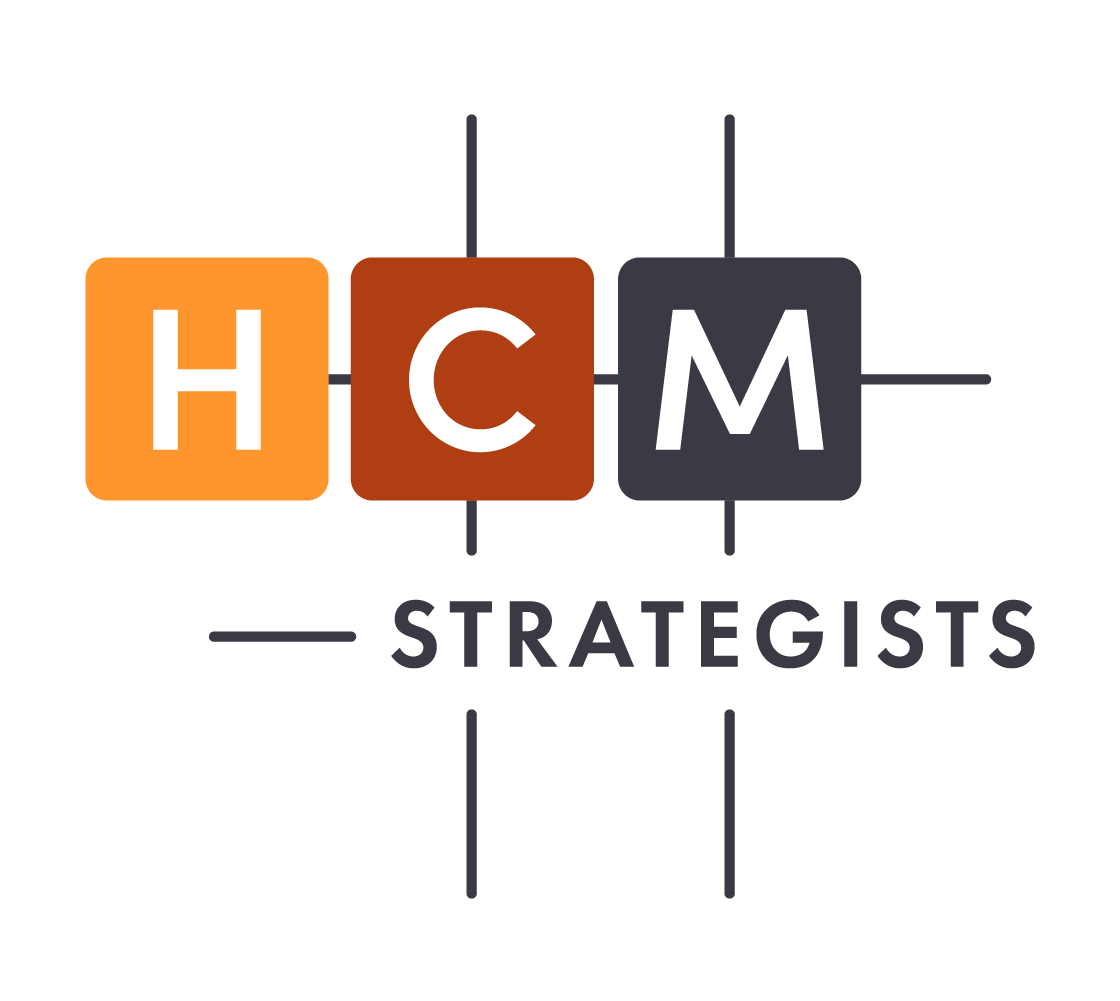Staff Spotlight: Five Questions with Stephanie Murphy, Ph.D. Get to know our Director of State Policy and Research
Today, get to know Stephanie Murphy, Ph.D: A Director of State Policy and Research with HCM Strategists.
Stephanie brings over ten years of experience in policy research, building and managing external relationships, and developing state-level higher education policy across 17 U.S. states. Her passion for education policy reform stems from her experiences as a first-generation college student from a working-class, immigrant household, driving her commitment to advocacy and systematic change.
To learn more about Stephanie, please visit her LinkedIn.
We’re lucky to have a team with diverse lived experiences. Tell us about your background and how you found your way to this work
→ I stumbled into my career in the most unexpected way. In grad school, I studied education — but I also learned the 16th- and 17th-century theories of education that led up to the French Revolution. About five years into my Ph.D. program, I realized I needed a better-paying job than my part-time teaching gig on campus. I was desperate for anything that would cover my bills and allow me to continue working on my dissertation.
The first job I took was a disaster. It was so awful that I quit after just three days. As I walked away from that dreadful experience, heading to my car, I received a phone call that would change everything. The Hunt Institute wanted to interview me for a position. That interview led to a job offer, and I soon became immersed in education policy.
I quickly discovered a passion for this field, and from that moment, my career trajectory shifted entirely. I've been dedicated to higher education policy ever since, and I couldn't be happier with where that chance encounter has led me.
HCM is dedicated to making educational systems more accessible, affordable, accountable, and equitable. What drives you to do this work?
→ My passion for this work stems from a deep-seated belief that education is the cornerstone of a just and thriving society. I've seen firsthand the transformative power of education — how it can open doors, break down barriers, and lift entire communities out of poverty.
Growing up, I witnessed the struggles of friends and family members who faced immense obstacles in their educational journeys due to systemic inequities. These experiences ignited a fire in me to fight for a system where everyone, regardless of their background or circumstances, has the opportunity to succeed.
Education should not be a privilege reserved for the few; it is a fundamental right that must be safeguarded and nurtured. Through my work in education policy, I've seen the tangible impact of reforms prioritizing equity and accountability. Knowing that my efforts contribute to creating a more just and inclusive educational landscape motivates me daily.
At HCM, I'm surrounded by like-minded individuals who share this vision. Together, we strive to make meaningful changes that ensure all students have the chance to reach their full potential. This work is not just a career for me—it is a lifelong commitment to building a better, fairer future for everyone.
Is there a particular data point that animates your work right now and what is it? Why?
→ Absolutely — HCM's analysis shows that states have invested at least $3.8 billion in short-term credential educational pathways. This amount is nearly double the federal spending on WIOA adult and displaced learner programs. The rapid growth of the short-term credential space is a game-changer, and it's crucial that we understand its implications. We must ensure that the knowledge we gather informs equitable, student-centered policies and practices so these investments truly benefit all learners and drive meaningful improvements in educational outcomes.
Policy or leadership? What do you think comes first?
→ Leadership comes first. I learned this from a pivotal moment fairly early in my career when I started working more directly with states on higher education policy issues. We were working on a major education policy initiative, but it needed to gain traction. Then, a passionate state education leader stepped in, galvanizing stakeholders and bringing relentless drive. Her leadership turned the tide, making the policy and our research around it not just documents but a transformative force. This experience taught me that effective policies need visionary leaders to champion them, inspire others, and turn ideas into transformative actions.
When not working, what can people find you doing?
→ Until July 6, 2024, wedding planning. It's practically a second full-time job! Beyond that, you'll often find me indulging in a good Netflix binge in my free time, but I also love exploring hiking trails with my partner Evan and our mini dachshund Alfie. When I'm not outdoors, I'm in the kitchen, experimenting with new recipes and embracing the delightful cooking chaos.




